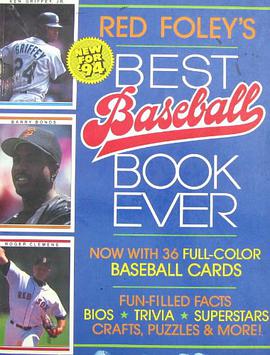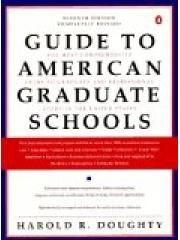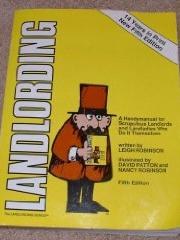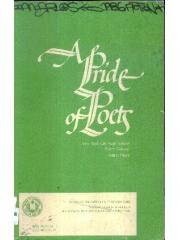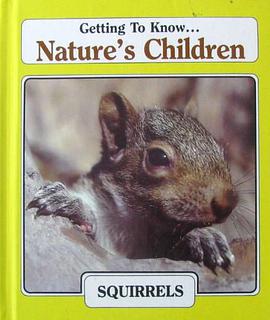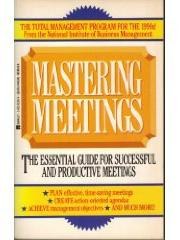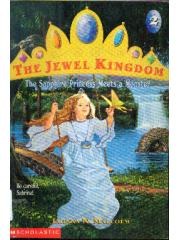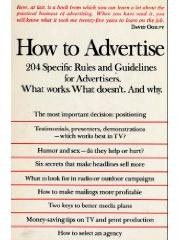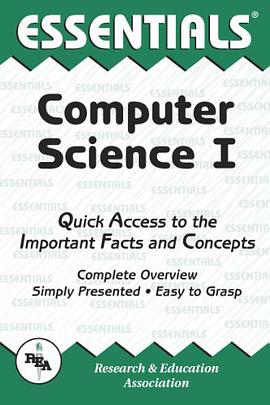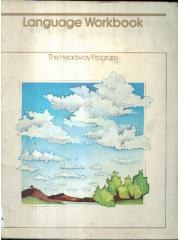

具体描述
In school, your child is beginning the first workbook in the Language Skills
component of the Open Court Headway Program. This Workbook provides
exercises in reading, writing, spelling, punctuation, capitalization, alphabetizing,
and related language skills. It stresses the correct meaning, spelling, and use of
words. It also gives exercises that set up the writing of original compositions.
I d like to tell you more about the spelling strand. The children in my class
learn to spell words correctly through a variety of activities. (Workbook exercises
always follow "live" classroom instruction.) First and foremost, they learn to
read and write the spellings of sounds. They learn to associate each spelling with
its sound (the spelling ow for the sound/ow/, as in how, for example) through a
Wall-Sound Card. This card shows both a picture of a situation in which the
sound is being made (a carpenter hitting a finger with a hammer-and saying
/ow/) and the spellings for that sound. We often review the names, sounds, and
spellings of these cards. We also drill with
of sounds.
smaller cards that show the spellings
The children learn to blend sound-spellings to form words. We build words i
on the chalkboard, sound by sound, and stress the spelling of each sound we use.
In the Language Workbook, the children take dictation of sounds, sounds in
words, words built sound by sound, whole words, and sentences. In dictation, we
again stress the correct spelling of each sound in specific words.
Another way in which the children learn to spell is by proofreading their
own writing. Whenever the children write a composition, I "lift" sentences with
errors and put them on the board. Under my direction, the whole class reviews
and corrects (proofreads) these sentences.
In spelling sessions, I teach the correct spellings of groups of words (such as
words that use the ea spelling of the/~/sound). After each of these "live"
sessi ons, the children complete Language Workbook exercises that give them
practice in these spellings. Through live and Workbook exercises, your child will
learn when to use s and when to use es to form a noun plural, when to double a
consonant before an ending(such as -ed, -er, -est, and -ing), how to form a
contraction (can t, won t, wasn t, and so forth), and many other spelling skills.
Each skill will be practiced many times.
As I mentioned at the beginning of this letter, the Language Workbook also
provides exercises in other areas. Your child will work on identifying words,
using homophones, alphabetizing, using quotation marks and other marks of
punctuation, capitalizing words, sequencing events in stories, and acquiring
other language skills. I ll be happy to describe these activities, as well as the
spelling strand, in more detail if you would like to discuss your child s education
with me. Please contact me at school.
作者简介
目录信息
读后感
评分
评分
评分
评分
用户评价
相关图书
本站所有内容均为互联网搜索引擎提供的公开搜索信息,本站不存储任何数据与内容,任何内容与数据均与本站无关,如有需要请联系相关搜索引擎包括但不限于百度,google,bing,sogou 等
© 2025 book.wenda123.org All Rights Reserved. 图书目录大全 版权所有


